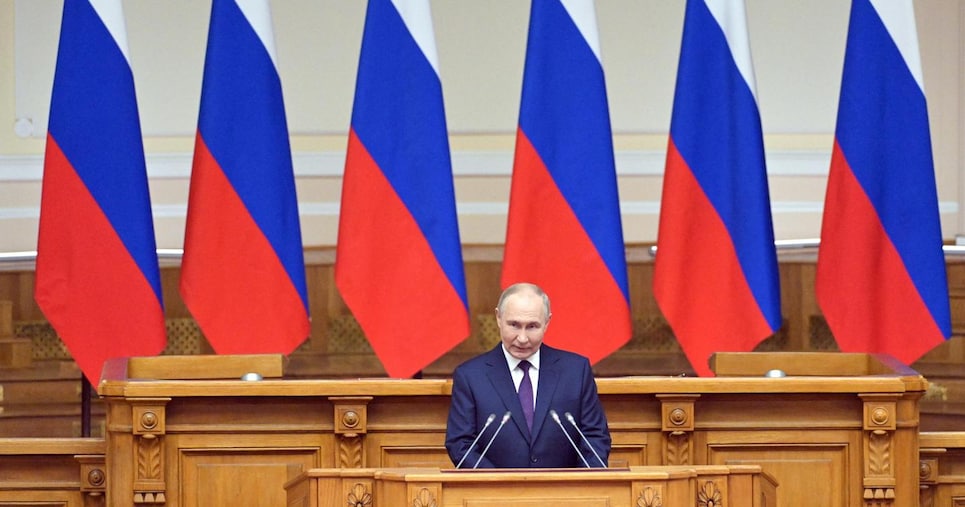Listen to the audio version of the article
Worry and anxiety. These are the feelings that run through the Italian business community in Russia after the temporary nationalization of Ariston Thermo, which came under the management of Gazprom. Few entrepreneurs want to talk, but with the microphones turned off, many indulge in reflections and in some cases actual outbursts on the management of relations with Russia.
«The push to exit Russia has been strong», says Vittorio Torrembini, president of Gim-Unimpresa, who has been in Moscow for 35 years as a representative of Italian companies, one of the few who speaks openly. «And yet – he continues – the companies that have left are few, those that had no choice, the oil and gas and automotive companies, for example. The others, despite a thousand difficulties, remained.”
According to the Yale University database, updated yesterday, of the 1,028 large companies that have left Russia since the beginning of the conflict, Italians account for 1.4%, around ten (Generali, Autogrill, Enel, Eni, Iveco ). The Americans are around 320, the British around one hundred, the Germans around eighty and the French around forty. Some Italian companies are taking time to evaluate the situation (Barilla, Campari, DeLonghi, Geox, Armani, Intesa Sanpaolo, Maire Tecnimont, Menarini, Saipem), others have reduced activity (Ferrero, Indesit, Luxottica, Pirelli, Valentino) or suspended investments (Diadora, Ferragamo, Ferrari, Leonardo, Monclair, Prada, Yoox, Zegna). But there was no exodus of large groups. Indeed, again according to Yale, some companies, including Ariston Thermo, had continued the activity (trBenetton, Boggi, Buzzi, Calzedonia, Cremonini, De Cecco, Diesel, Fenzi, Fondital, Perfetti, Unicredit, among others).
The attitude of Italians, as many entrepreneurs reason, has been cautious. This is why the nationalization of Ariston is seen as a warning. Torrembini speaks of a signal in view of the Italian-led G7. «On the table there will be a US request to confiscate Russian assets abroad. But Russian assets in the USA are worth around six billion, while those in Europe are worth 280. With Ariston, Putin is sending a signal to Italy on the same ground as confiscations.”
There are around 350 Italian companies in Russia (there were around 450 before the conflict) of which around a hundred have production activities. Out of the blue, entrepreneurs point out that Rome, at times, seemed more realistic than the king. Instead of freezing the oligarchs’ assets, an entrepreneur says, Italy seized them. Actions bordering on the provocative have been taken, such as the revocation of the honors awarded to Russian citizens, while Macron has been careful not to take away the Legion of Honor from Putin.
